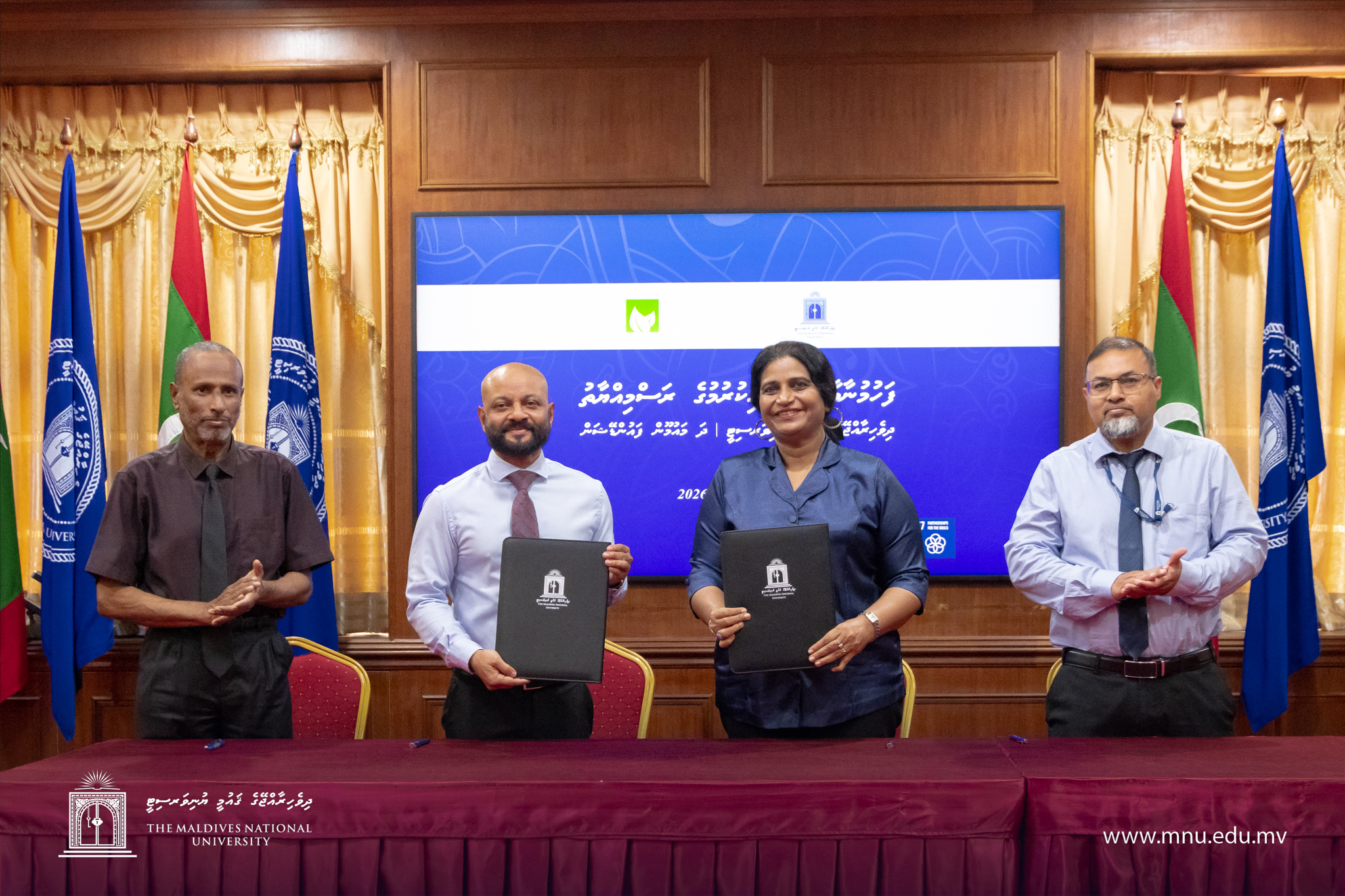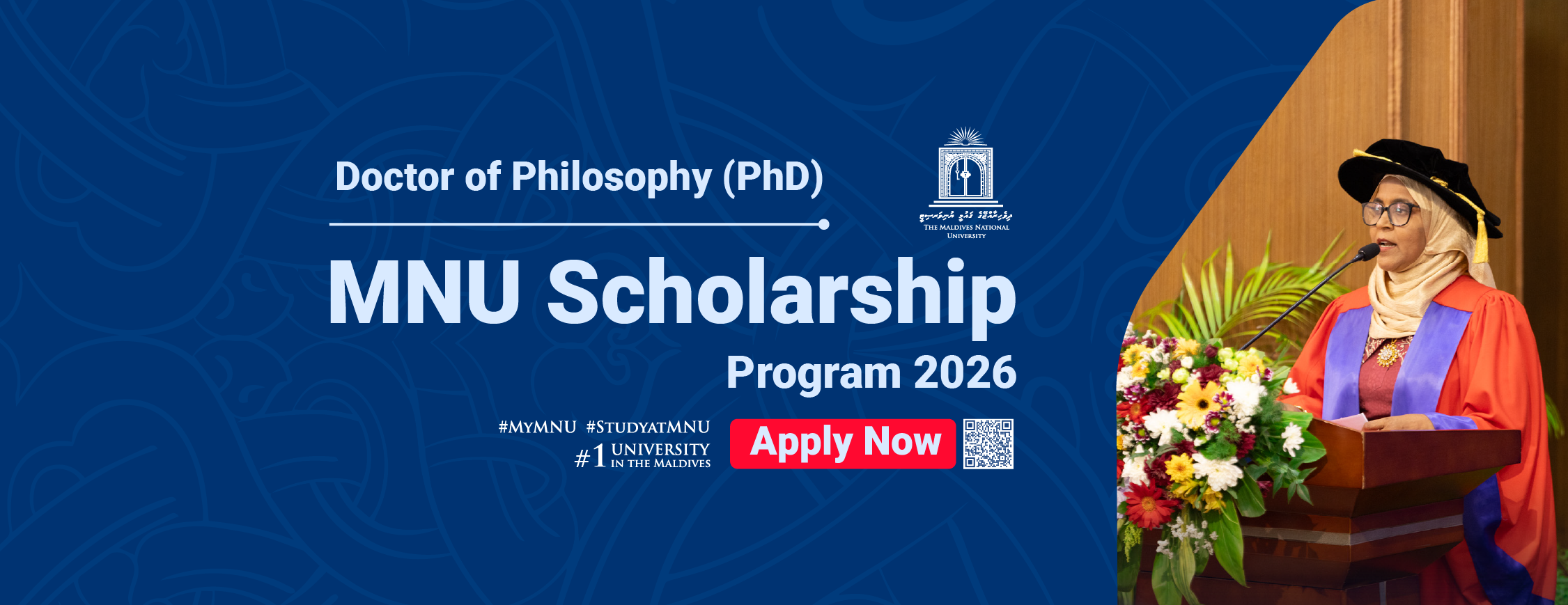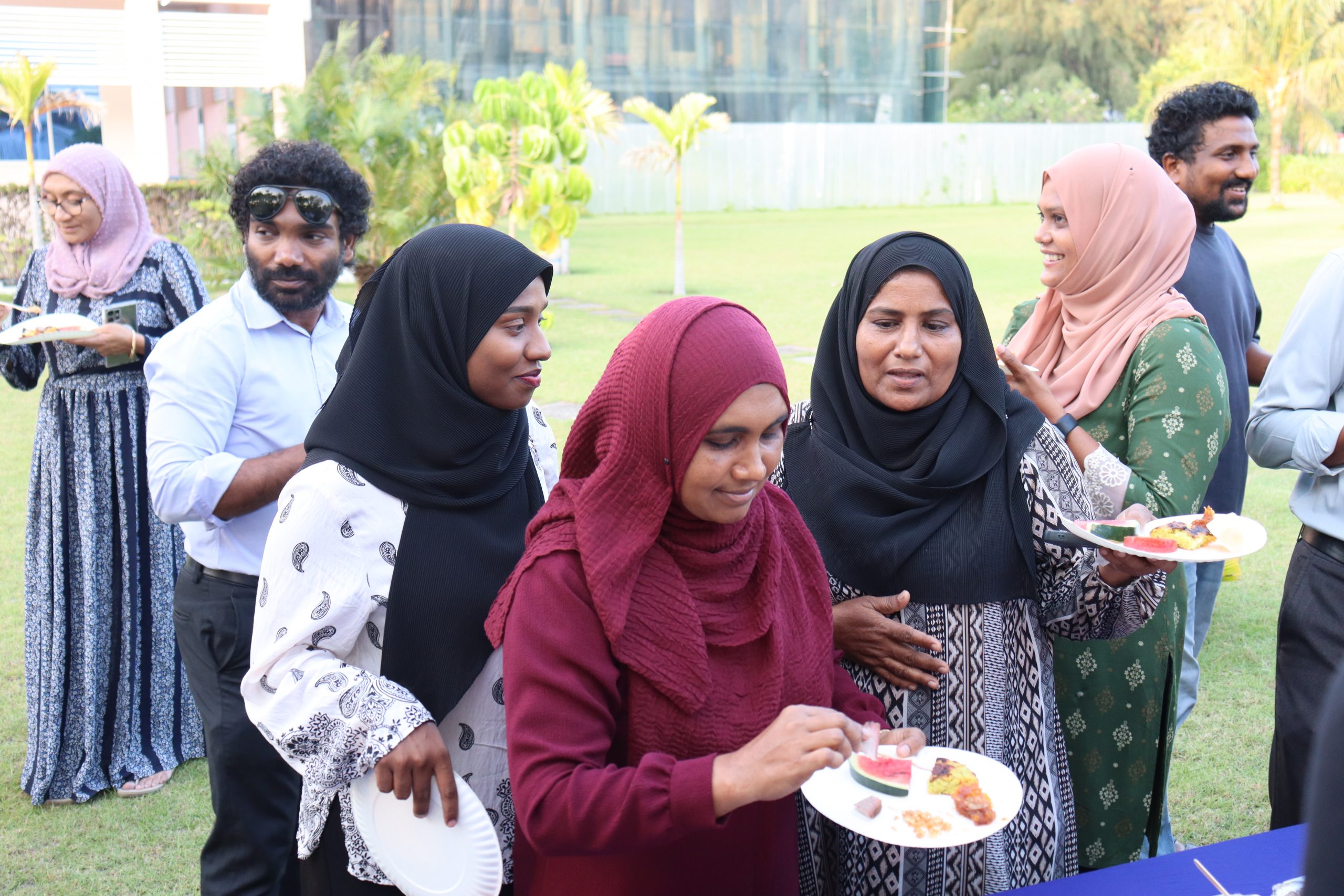Introduction
Climate change is increasingly recognised as a critical factor shaping the maritime security domain, particularly for small states like Maldives. With over 98 per cent of its territory comprising the ocean, the Maldives’ national security is inherently about protecting the maritime space. The country’s ability to manage and protect its maritime resources is also a matter of survival.
Climate change introduces new opportunities and challenges to this task. On the one hand, rising sea levels, ocean acidification, and increasingly erratic weather patterns complicate maritime governance and enforcement. On the other hand, observing these challenges draws further scholarly and policy attention.
In Maldives, an important area of concern is the rise in Illegal, Unreported, and Unregulated (IUU) fishing. Between 2016 and 2020, Maldives experienced a consistent year-on-year increase in apparent foreign fishing effort. This trend was particularly pronounced in 2018, when the number of apparent foreign fishing efforts surged by 250 per cent compared to the previous year. The upward trajectory continued, albeit at a slower rate, with increases of 146 per cent in 2019 and 23 per cent in 2020.
Although the absolute scale of apparent foreign fishing in Maldivian waters remains relatively low at present, the accelerating trend raises concerns. If foreign fishing activity continues to grow at a similar pace, it could pose a threat to the livelihoods of Maldivian fishers, who rely heavily on marine resources within the country’s Exclusive Economic Zone (EEZ).
A significant percentage of illegal fishing vessels have been apprehended in Maldivian waters – according to the 2017 record, 400 illegal fishing vessels were caught in Maldives –, highlighting the scale of the issue. Climate-induced changes in ocean conditions can further exacerbate IUU fishing, undermining the Maldives’ maritime security efforts. Understanding these dynamics is essential for small states to navigate their security interests within the broader regional maritime security architecture.
Small States at Sea
In international relations, small states are considered weak states. Maldives, like other Indian Ocean small states, plays a limited role in shaping regional security, which is largely influenced by great powers such as India and its Indo-Pacific partners—the United States, Australia, and Japan. These powers have constructed a regional maritime security architecture.
The Indian Ocean small states are exogenously incorporated into the Indo-Pacific security architecture, and this can limit the capabilities of Maldives or Sri Lanka, for example, to achieve security objectives, mostly focused on non-traditional threats such as climate change.
Nevertheless, small states have demonstrated resilience and agency, particularly in climate diplomacy. Over the past four decades, they have successfully shaped global climate narratives, asserting their right to exist and develop in the face of existential threats. However, translating this influence into the security domain has proven more difficult. For example, the United Nations Security Council has been reluctant to adopt resolutions explicitly linking climate change to security, reflecting a broader hesitancy to securitise non-traditional threats like climate change.
This lack of consensus at the international level can deny efforts to integrate climate change into regional maritime security strategies. Yet, by analysing the shifting patterns of IUU fishing and the migratory patterns of tuna due to ocean temperature changes, small states can identify strategic entry points to influence maritime security agendas.
IUU Fishers and the Tuna Fishing Community
The experiences of the Pacific Islands offer valuable parallels. Like Maldives, countries such as Fiji occupy vast EEZs and depend heavily on marine resources for food security and economic stability. Tuna, in particular, is a critical resource that must be sustainably managed. Regional frameworks, including those supported by Australia, have helped the Pacific Islands to safeguard their maritime domain.
However, climate change has been disrupting these efforts. For example, a rise in sea surface temperature and climate change have altered tuna migration patterns, affecting both local fishers and IUU fishing patterns. Community fishers are increasingly forced to venture into unfamiliar and potentially hazardous waters, raising safety concerns and economic risks.
For example, in Kiribati, with climate change, fishers have reported travelling farther offshore with fish movements, increasing their exposure to maritime hazards. Simultaneously, IUU fishers are adapting their behaviour, moving into new territories as fish stocks shift. As a result of climate-induced fish mobility, surveillance and enforcement can get complicated – i.e., in small states, this could include straining the limited resources of maritime security agencies. Subsequent encounters between IUU fishers and local communities can furthermore escalate social tensions and threaten livelihoods, while also undermining the capacity of states to protect their maritime sphere.
Spatially, foreign fishing activity is concentrated near the periphery of Maldives’ EEZ. This distribution pattern may reflect enforcement practices, with stronger monitoring and deterrence measures inside and beyond EEZs to deny unauthorised fishing in those areas.
In terms of gear type, drifting longliners dominate foreign fishing in Maldivian waters, accounting for 98 per cent of the total apparent foreign fishing activities. By contrast, the use of trawl nets and purse seines—both prohibited within Maldives’ EEZ—was minimal, together constituting less than 1 per cent of all recorded foreign fishing effort. Most of the apparent foreign fishing effort is attributed to vessels flagged to neighbouring countries.
Despite the rapid rate of increase in IUU fishing in recent years, the overall volume of unauthorised foreign fishing remains modest. Annual apparent foreign fishing hours have never exceeded 2,000, with the peak occurring in 2020. That year, foreign vessels operating within Maldivian waters logged an average of just 40 fishing hours per vessel.
Maritime Security Strategy for Small States
Maldives aims to address these challenges by incorporating climate considerations into defence narratives. However, more comprehensive efforts are needed to assess how climate impacts affect security agencies’, such as the Maldives National Defence Force (MNDF) Coast Guard’s, ability to respond to potentially unforeseen IUU threats. This emphasises further investing in climate-resilient infrastructure, regional intelligence sharing mechanisms, and predictive models supporting national and regional efforts.
Maldives has engaged in multiple bilateral and trilateral exercises, such as the India-Maldives-Sri Lanka DOSTI maritime security exercises, which have enhanced national and regional capabilities. These collaborations provide essential platforms for capacity building and operational readiness. This can expand.
However, the integration of climate modelling and narratives into these security exercises remains inconsistent. While Maldives has acknowledged climate change as a security concern, there is limited evidence of systematic research or policy development addressing the specific impacts of climate change on maritime security operations.
For instance, the community implications of climate-induced shifts in IUU fishing patterns on the operational capacity of the Coast Guard remain underexplored. Addressing this gap requires interdisciplinary research and policy innovation that bridges climate science and security studies.
Conclusion
By framing security challenges through a climate lens, small states can garner international attention and support. The threat posed by IUU fishing—exacerbated by climate change—can project a need for integrated, interagency, and regional strategies.
Authors
Dr Ahmed Riyaz Jauharee is Dean of the College of Fisheries and Ocean Sciences at The Maldives National University (MNU). Dr Riyaz does research in Fisheries Ecology and Marine Biology. He has worked on Tuna Ecology in the Maldives, especially looking at tuna aggregations around anchored FADs.
Dr Athaulla A Rasheed is the Head of Centre at the Centre for Security and Strategic Studies at The Maldives National University. A former foreign service officer and diplomat at the Ministry of Foreign Affairs, Maldives, Athaulla also holds two PhDs in international and strategic studies, and political science from ANU and the University of Queensland, Australia.





